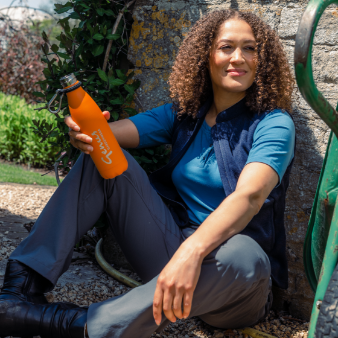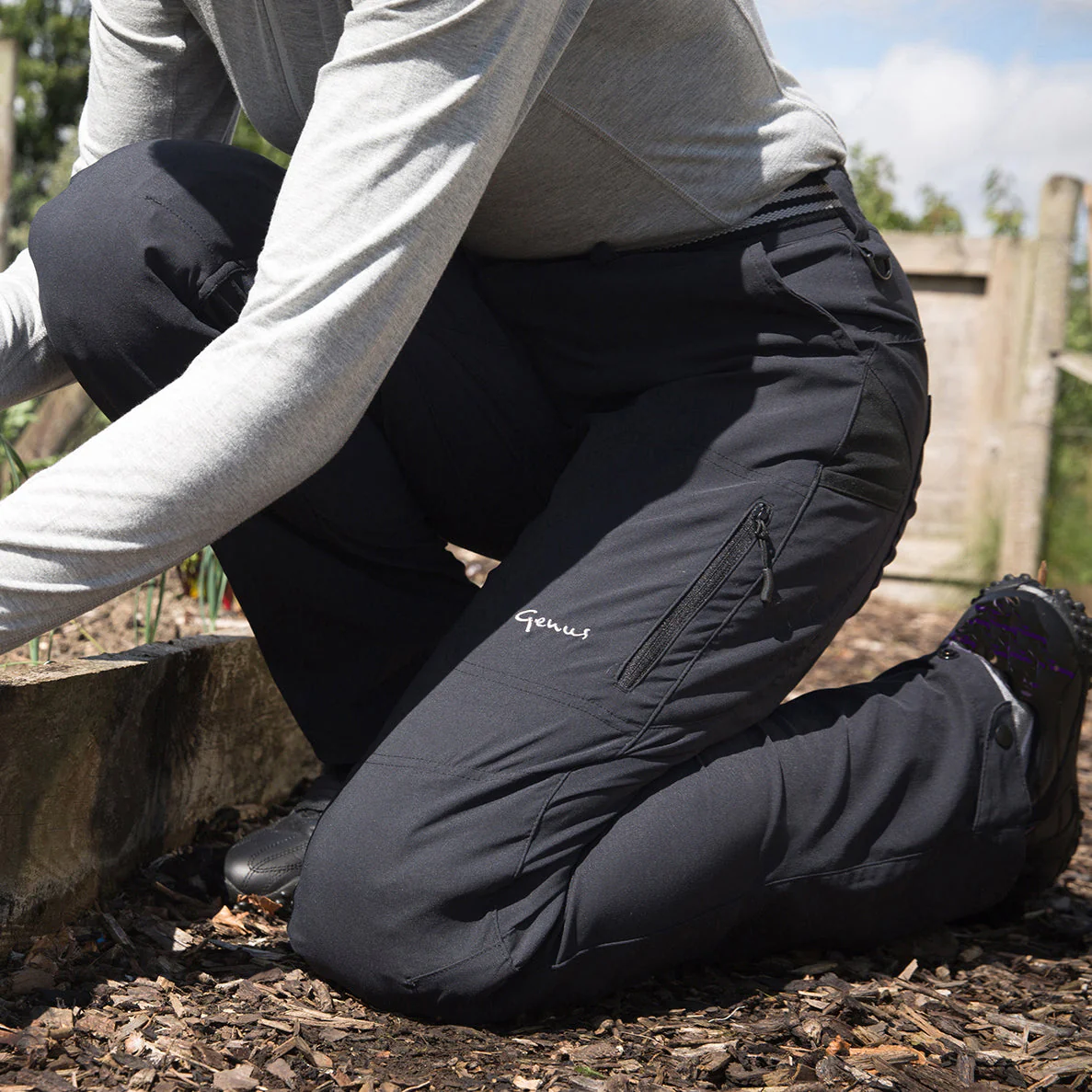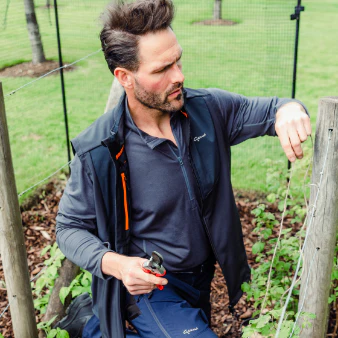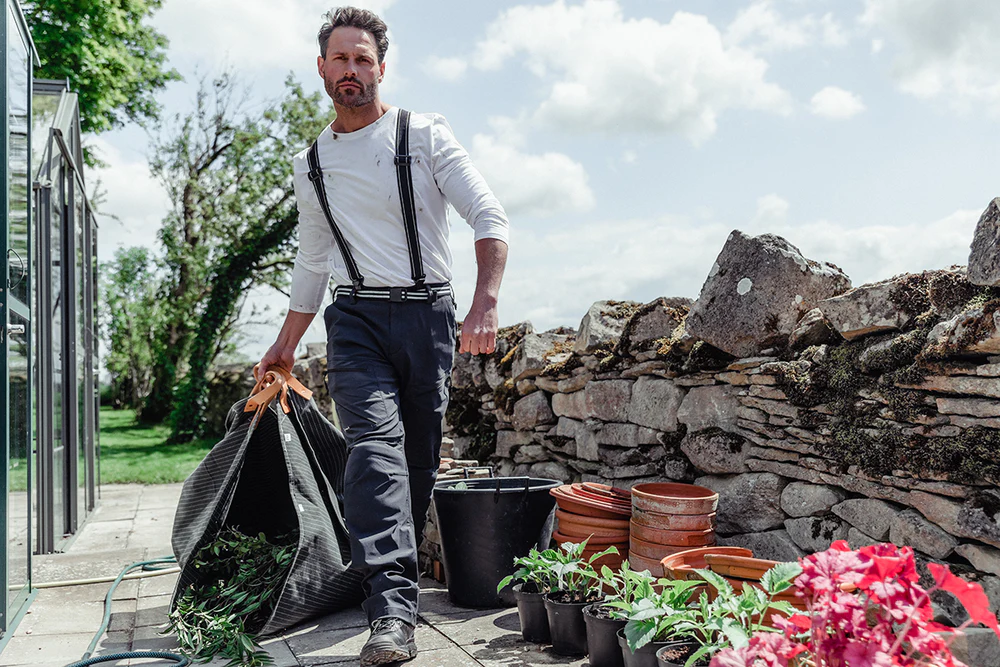Body, soul and gardening - wellbeing from tactile plants
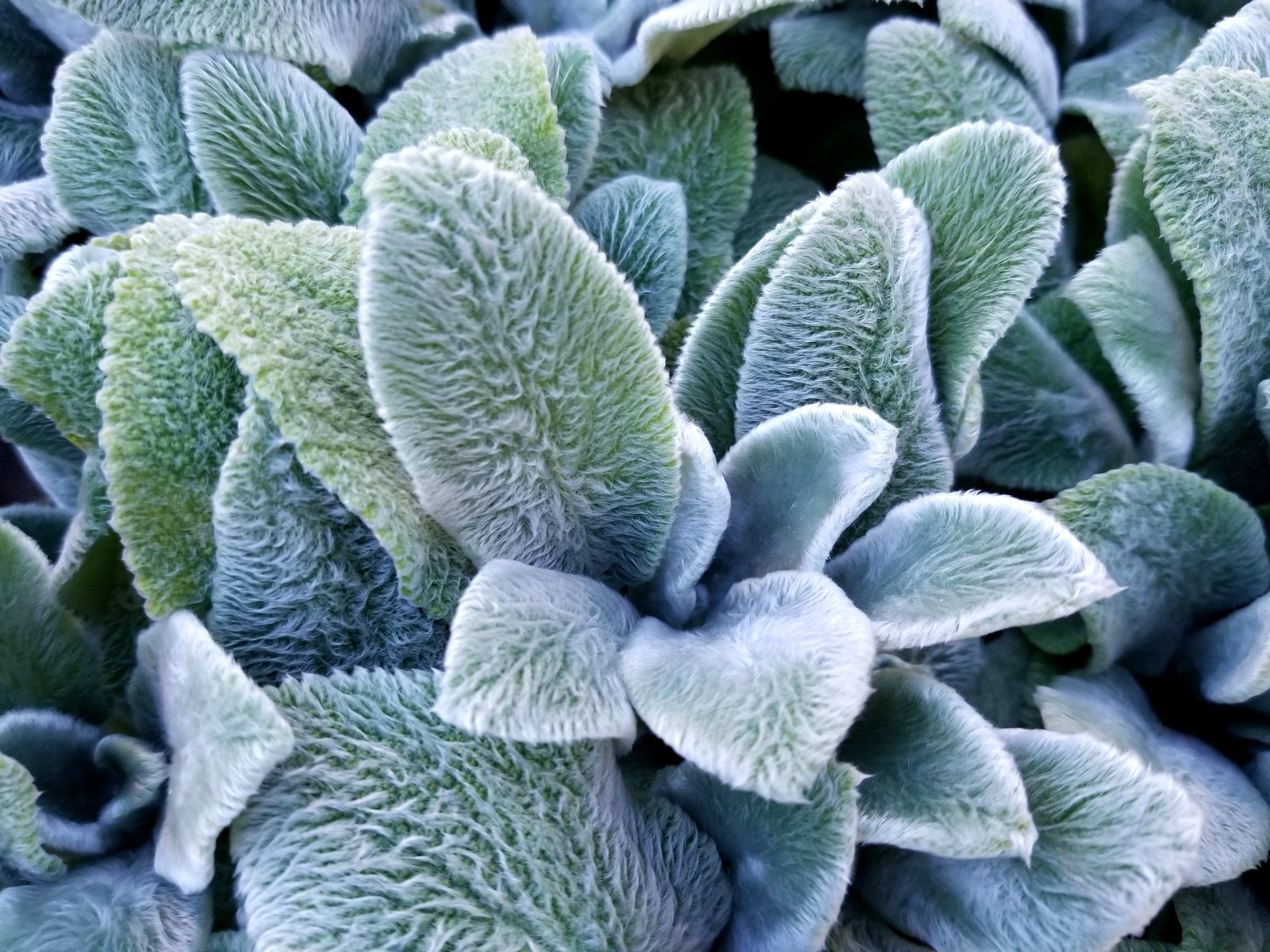
Gardens that stimulate the senses are a great way to create relaxing outdoor spaces, helping us to physically connect with nature. As well as the familiar scented gardens, tactile gardens are equally (and literally) feel-good! Handling the soil, stroking feathery leaves and lying on cool grass encourages us to become more responsive to our surroundings.
Plants that cry out to be touched include Stachys byzantina (Lamb’s Ears) or Ballota pseudodictamnus, as do waxy-leaved plants like bergenia or fleshy- leaved Aloe vera. Delicate rose flowers have silky petals and the shiny bark on trees such as Prunus serrula are wonderfully tactile. Planting grasses such as pennisetum, with their fluffy plumes, or silky Stipa tennuisima close to paths or seats means you can brush past them or reach to stroke them. Tough rosemary or lavender will happily withstand being crushed between your fingers – which will also release the lovely scent.
Also consider the textures of hard landscaping, including honed stone, or tactile timber, as well as metal sculptures that are smooth to touch. Place benches where you can bask in the sun, cool down in the shade or feel the breeze on your skin. Sitting on a soft lawn is lovely, but springy moss or a feathery chamomile lawn is also wonderfully sensual.
Then, when you need to unwind, spend a few minutes deliberately focussing on touch, by walking barefoot on dewy grass and engaging with the different textures of plants and surfaces in your garden – a perfect mindfulness exercise to do in your own green sanctuary.

